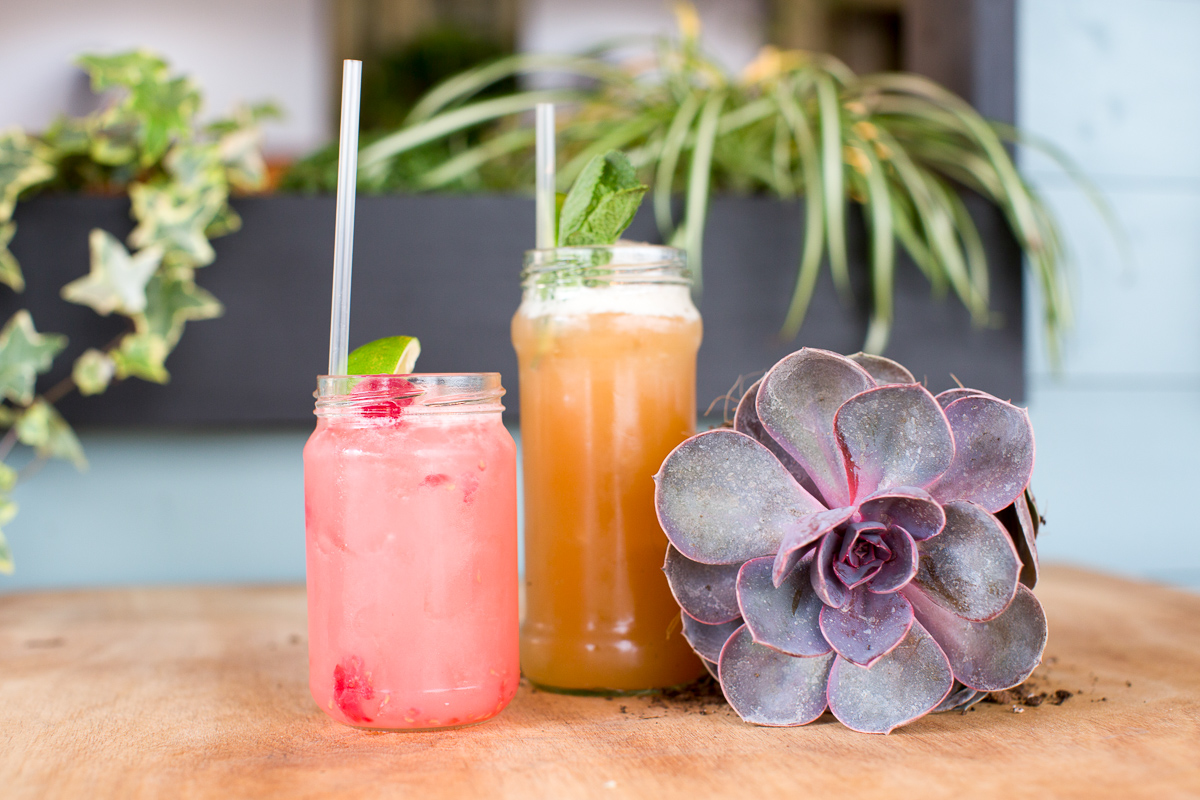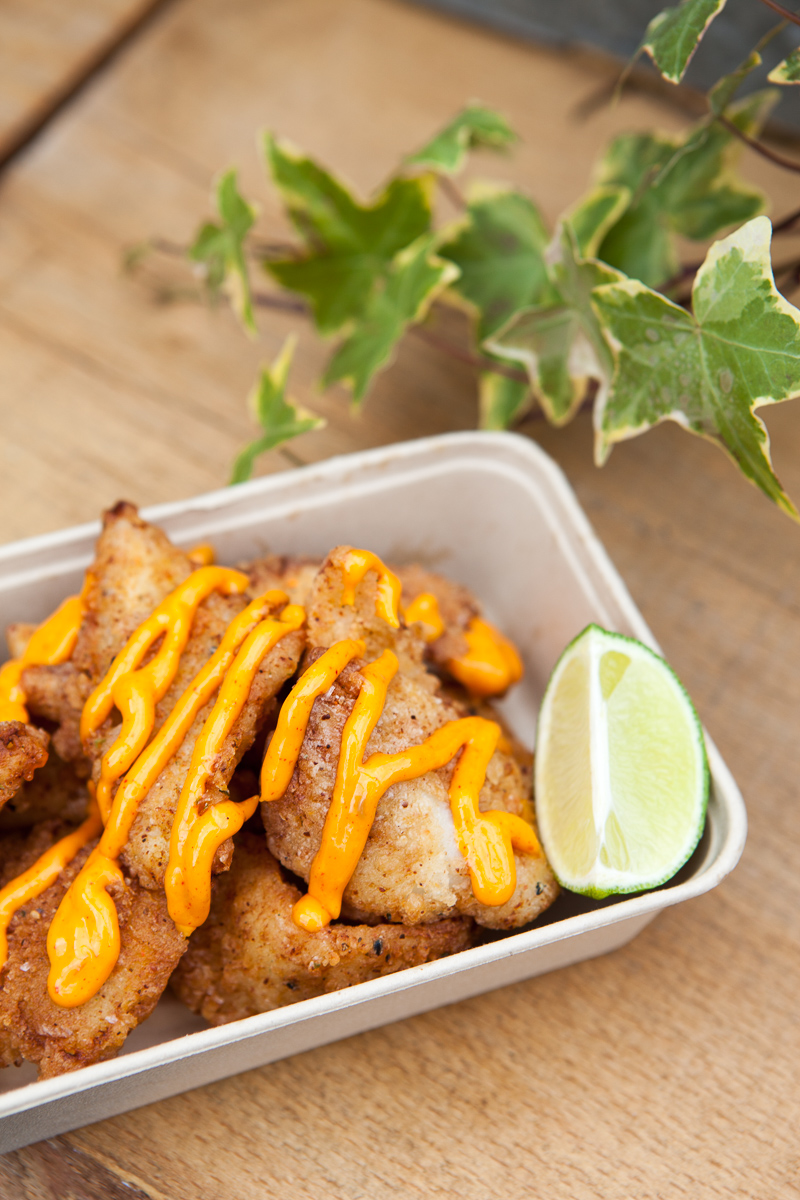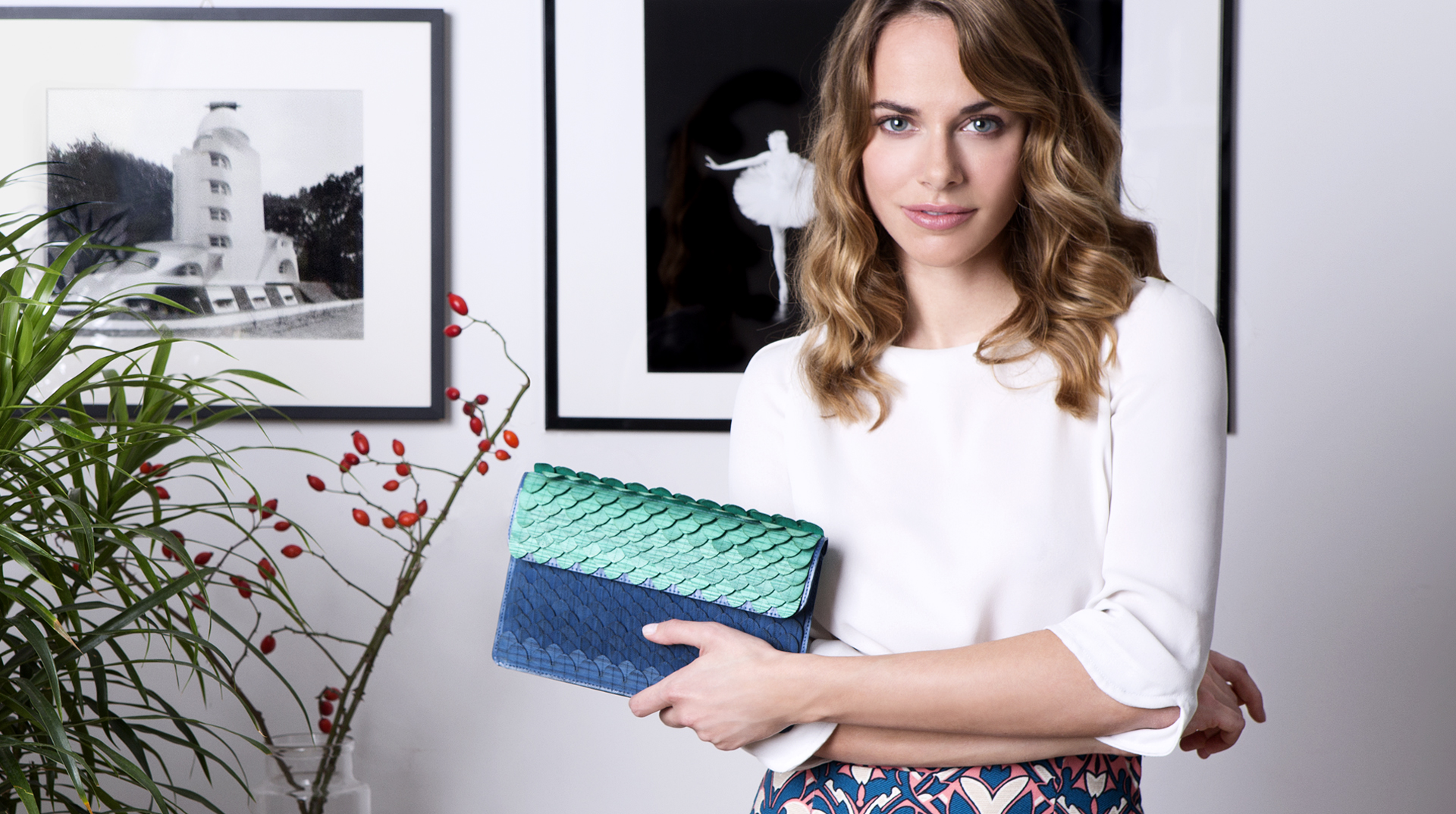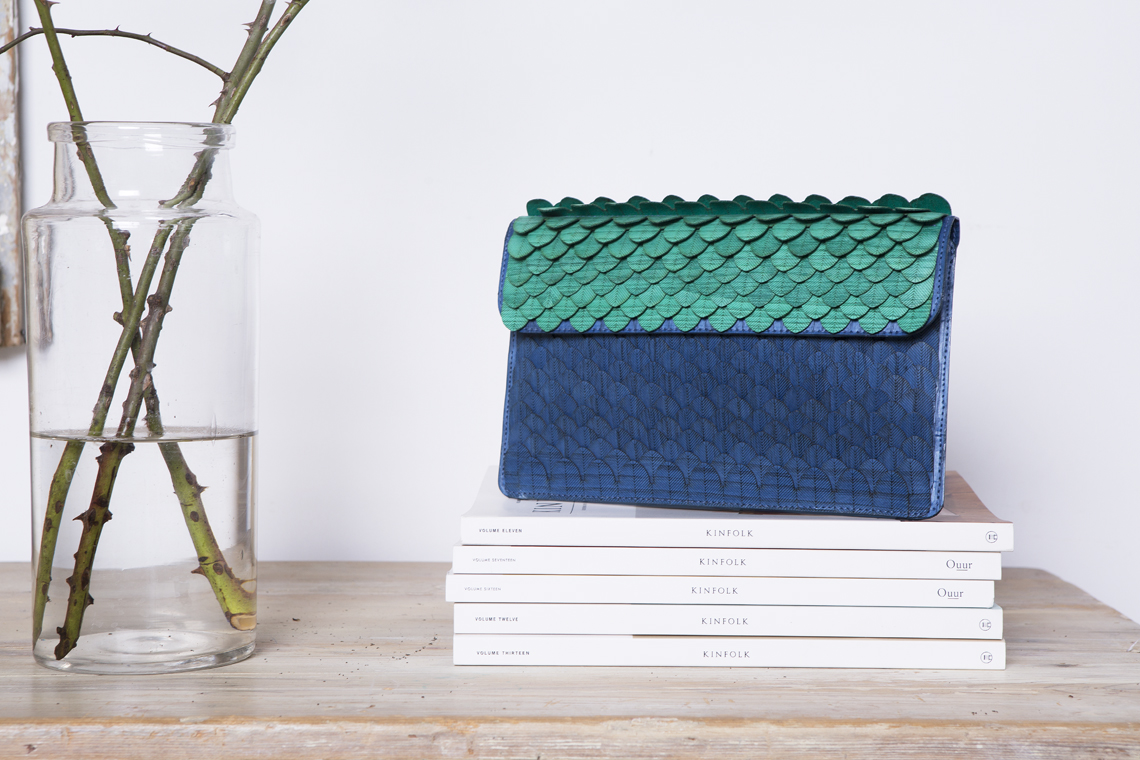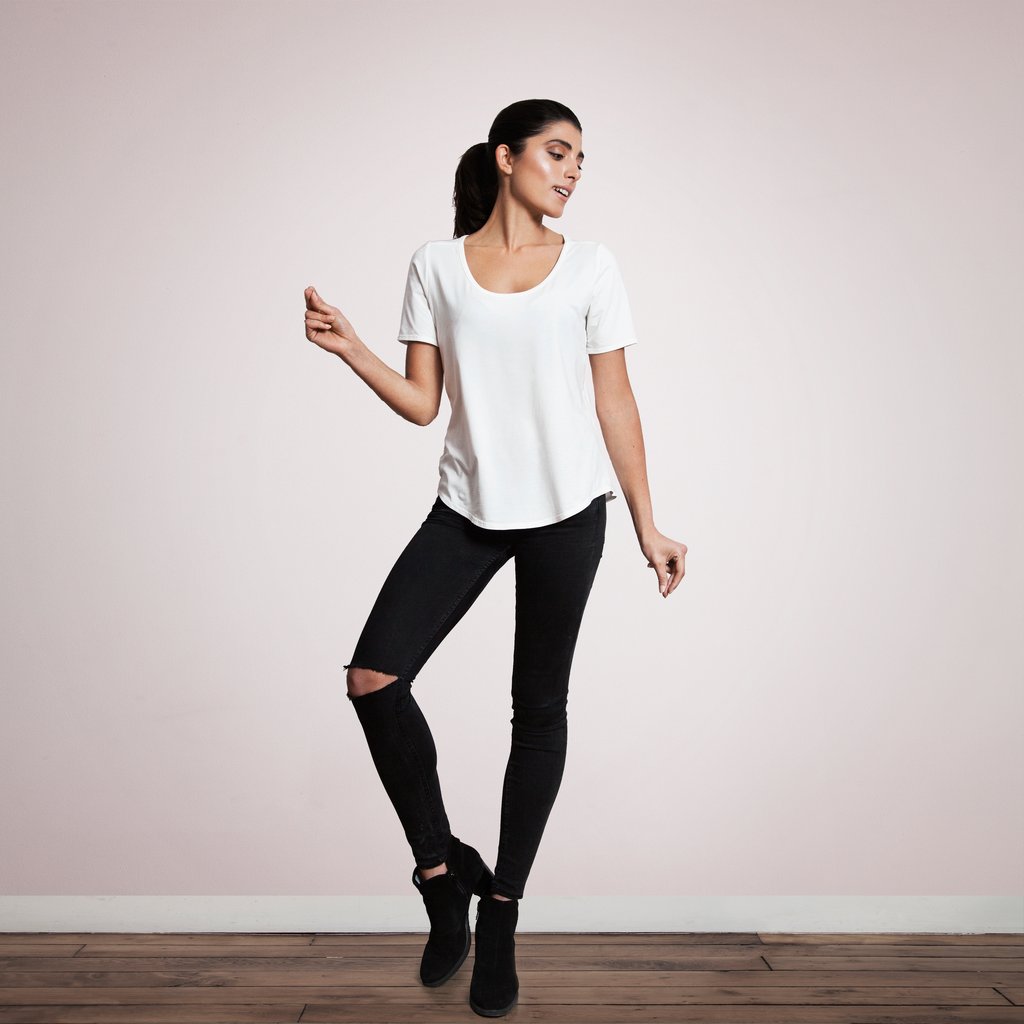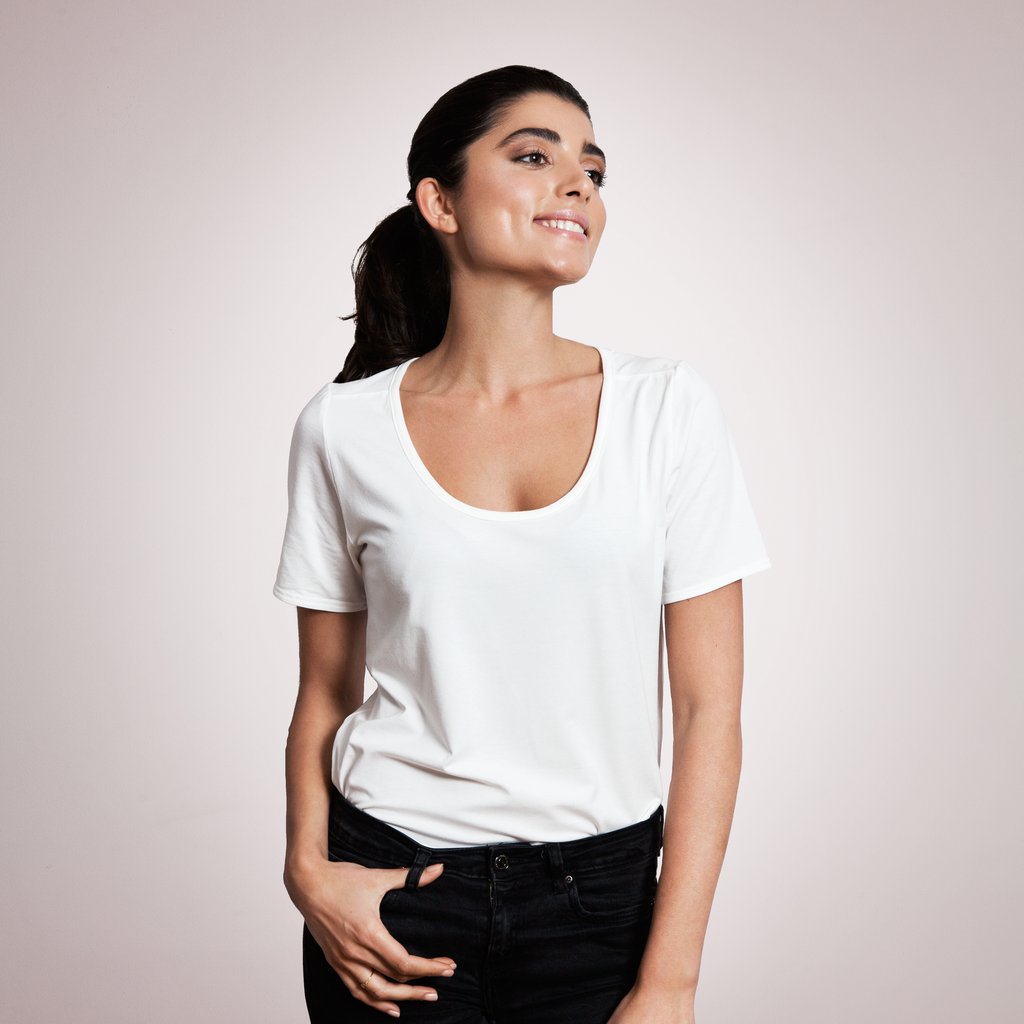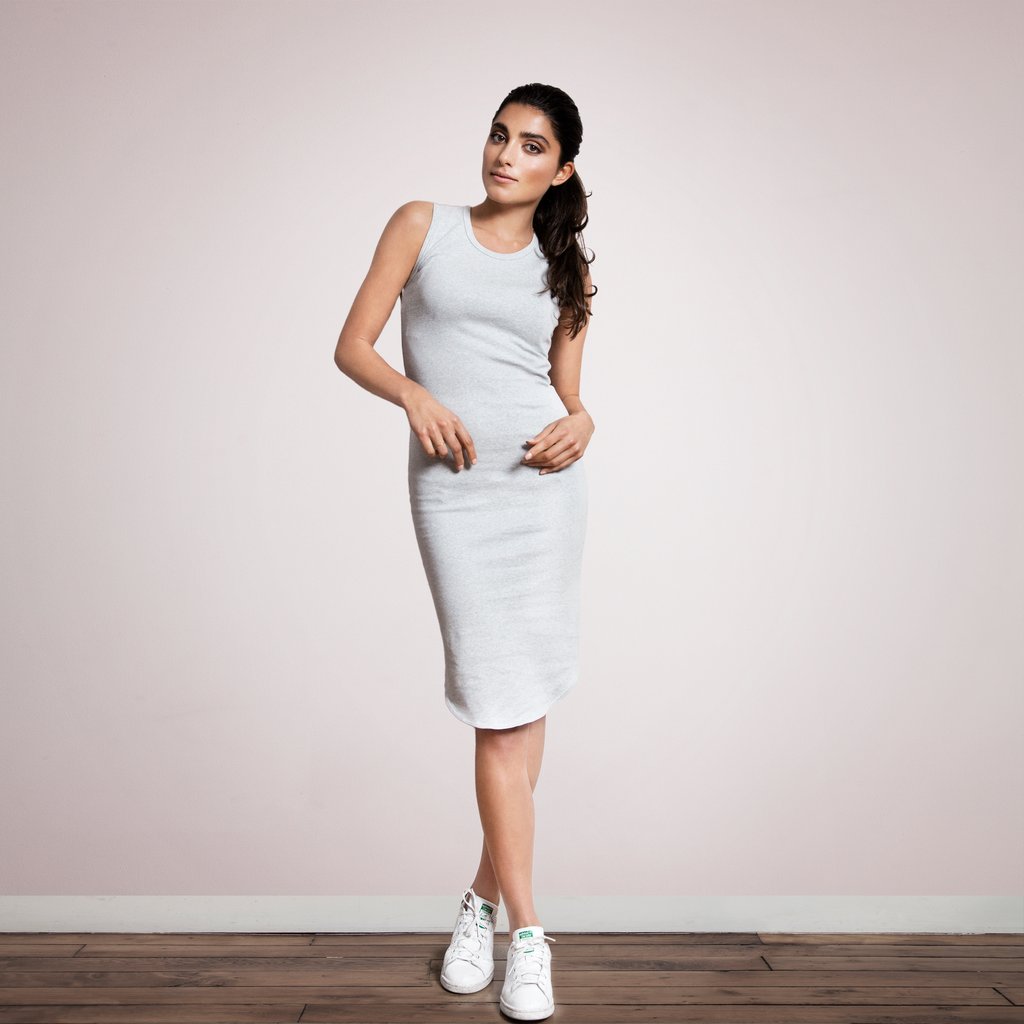Bag-laden Oxford Street shoppers can rejoice this summer, for finally a rooftop retreat has opened that doesn’t involve navigating the perfume section of John Lewis. A security man, an un-marked door and four flights of stairs are the only things lying between you and your next summer drinking hole, but is it worth the climb?
Words: Kyra Hanson @kyra_sian
Sisu London off Oxford Street.
Sisu describes itself as a 'utilitarian nature reserve' with a 'greenhouse' restaurant offering 'organic vibes' and 'Scandinavian surrounds'. After reading the press release I was all but ready to grab some binoculars and settle in for a bird watching session. However, rather than the 'smörgåsbord of leafy green plants' promised, the spider plants were dry as a bone and the poor potted plants on our table were dead beyond recognition. The shrivelled leaves flaked off in my hand as I sipped a very strong Old Fashioned from the coin-operated cocktail tap – the most expensive drinks vending machine you’ll encounter at £8 a token. So, nil pois for green fingered bar staff.
If it’s cocktails you’re after opt for the Swizzle, a fizzy mix of Appleton Estate Signature blend, pineapple juice and Velvet Falernum (a spiced-citrusy-sweet liqueur). It’s a little on the sweet side but doesn’t arrive in a jam jar, so you get more booze for your buck. There’s also a drinks selection from Camden Town Brewery. Food was perfect for a light bite but I wouldn’t recommend turning up here ravenous. Before ordering, I searched the food and drinks menu for those 'organic vibes' to no avail. The aubergine taco with chili and fried onions would have benefitted from some sauce. The cauliflower cheese arancini was tasty but titchy, at least the chicken waffle was free range.
We were informed via email “the whole menu is not entirely organic, however the food mainly uses organic ingredients, and the drinks also strive to use organic produce whenever possible.” If this is the case why not make mention of it on the menu? Surely it’s a selling point for the health conscious, eco-consumers of today?
This rooftop is surrounded by taller buildings, which hogged the sun on our visit, however the RetrEAT (design by DENLDN) was a welcome addition. More shed than greenhouse (it being constructed of wood not glass), the thick blankets, chilled playlist and use of natural materials did manage to meet the relaxed, Scandi-cool brief. Heated concrete seating was a nice surprise though not exactly ethical. And there are two tiny toilets in which no matter where you stand you will set off the hair dryer.
"More shed than greenhouse (it being constructed of wood not glass), the thick blankets, chilled playlist and use of natural materials did manage to meet the relaxed, Scandi-cool brief."
So, does Sisu get any sustainability points at all? Well, we were told the plates are biodegradable and the furniture has been upcycled by the Sisu team. This is a well-located urban hideaway, which you’d be pleased to stumble across after navigating the snap-happy tourists and queues of Primark shoppers below, just don’t turn up for the organic vibes.
Sisu serves food and drink between noon and 10pm every day, from now until late September.


